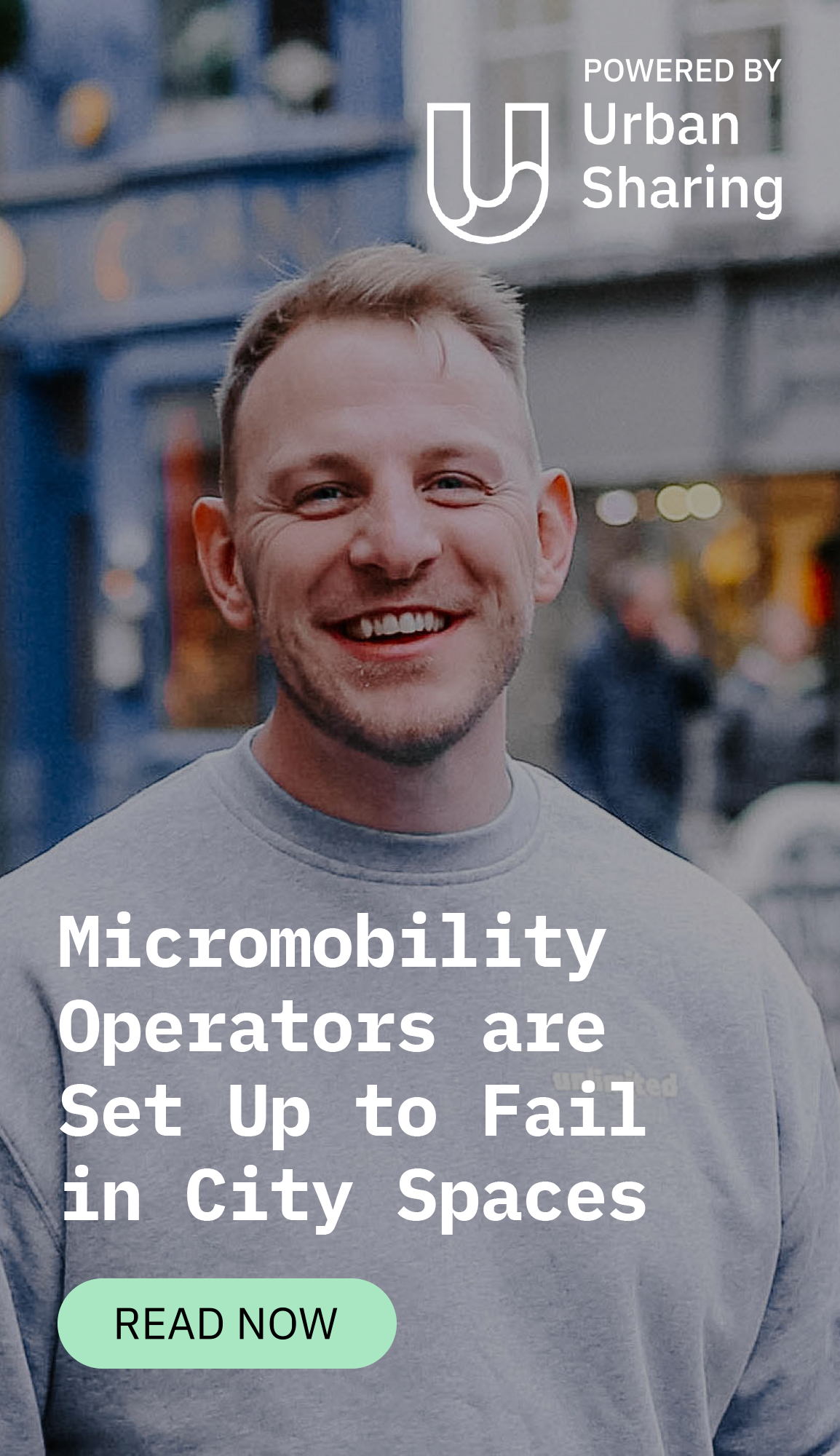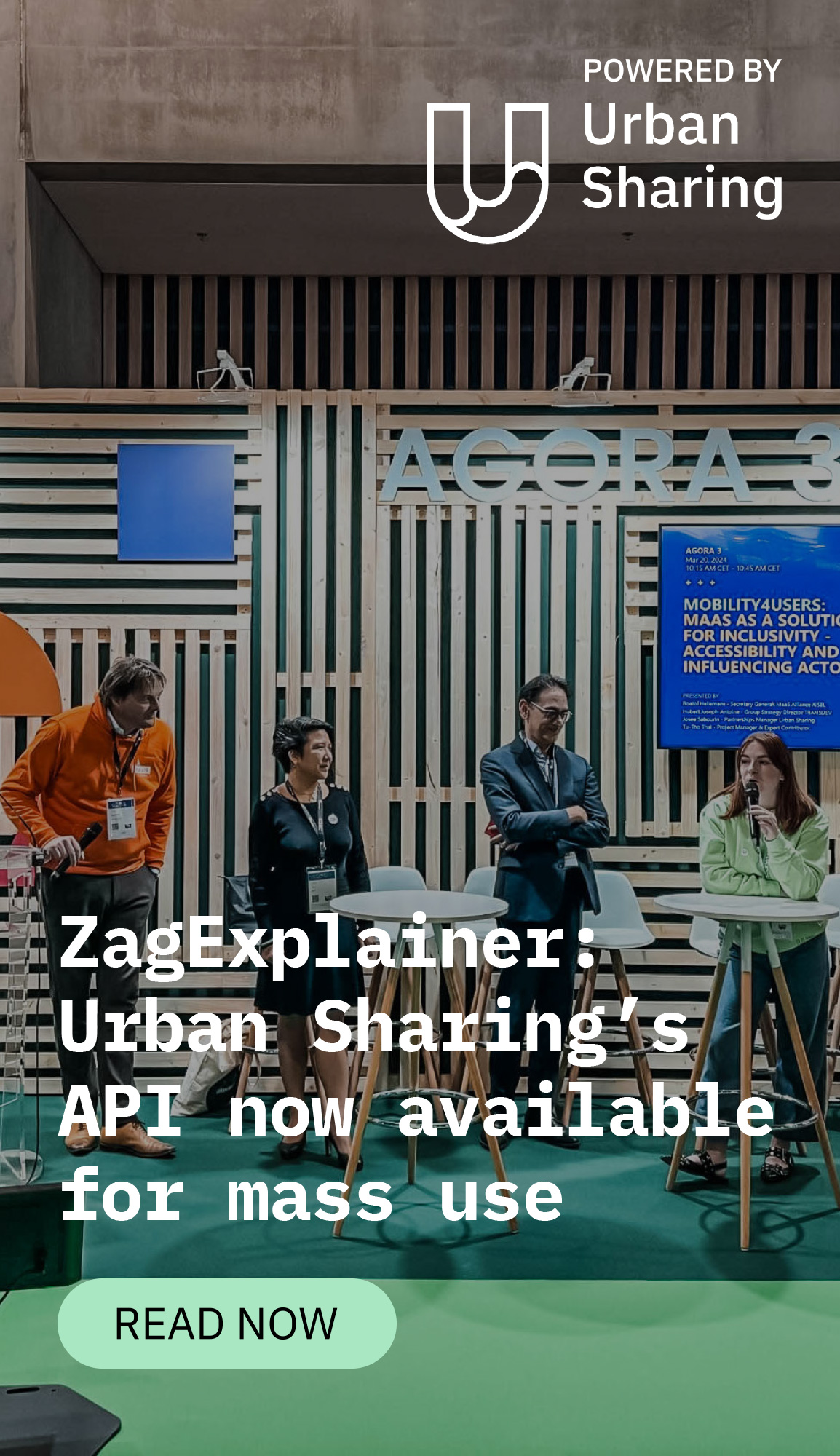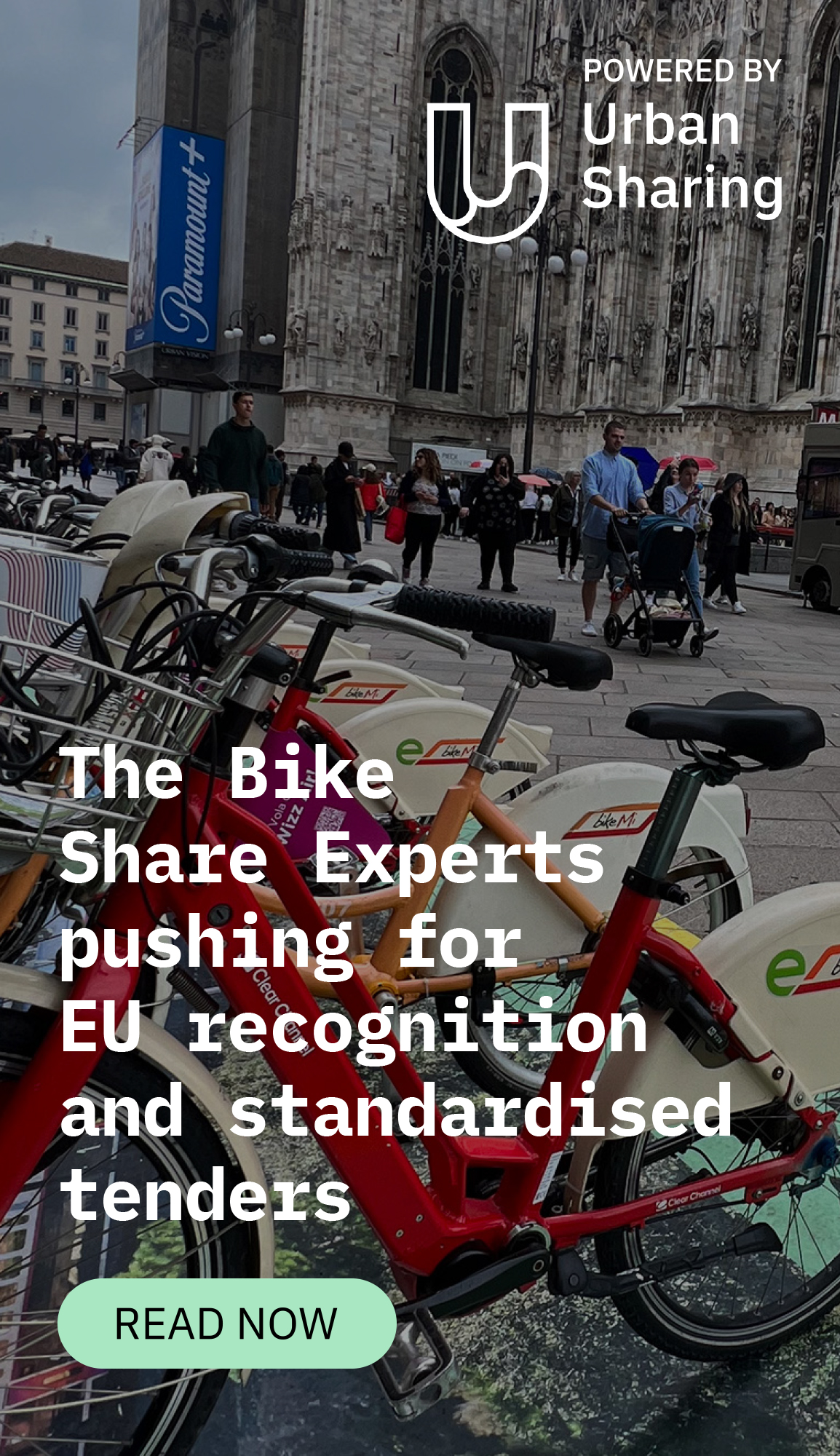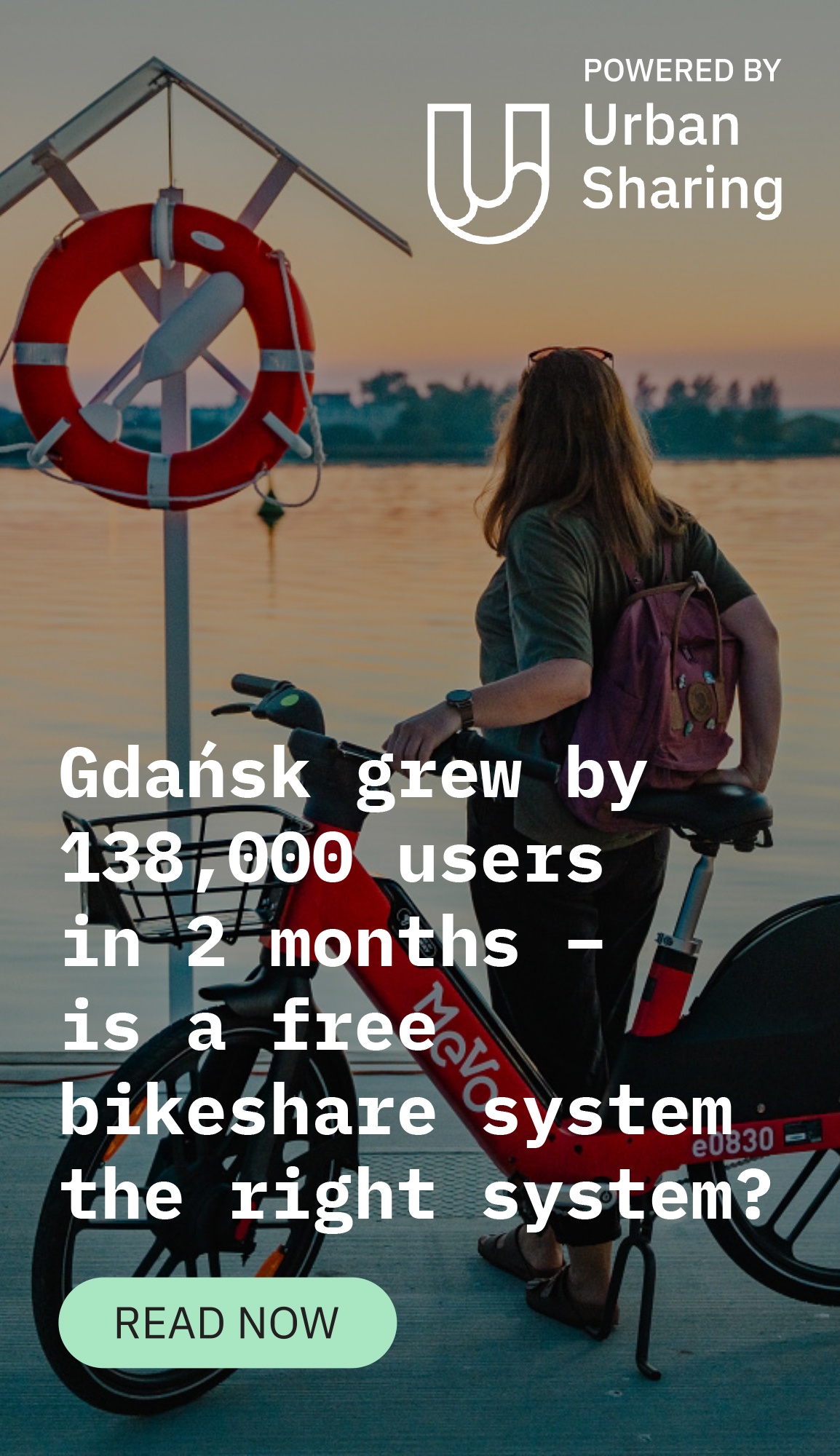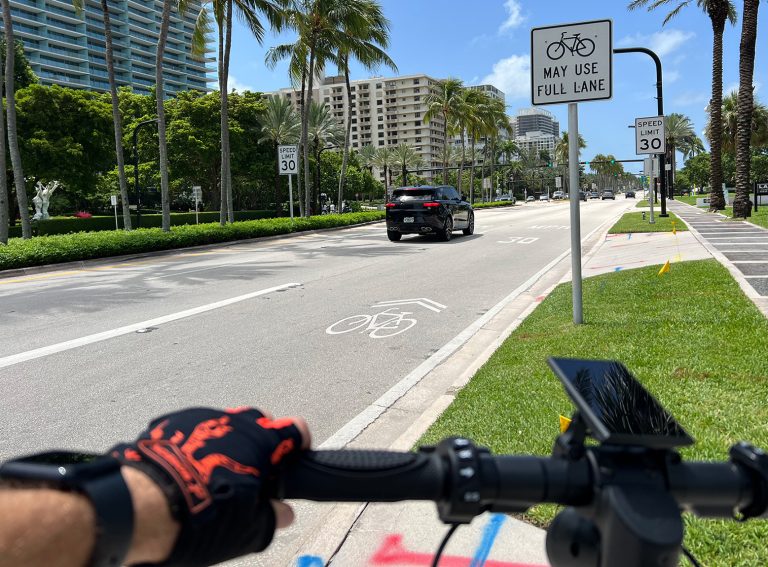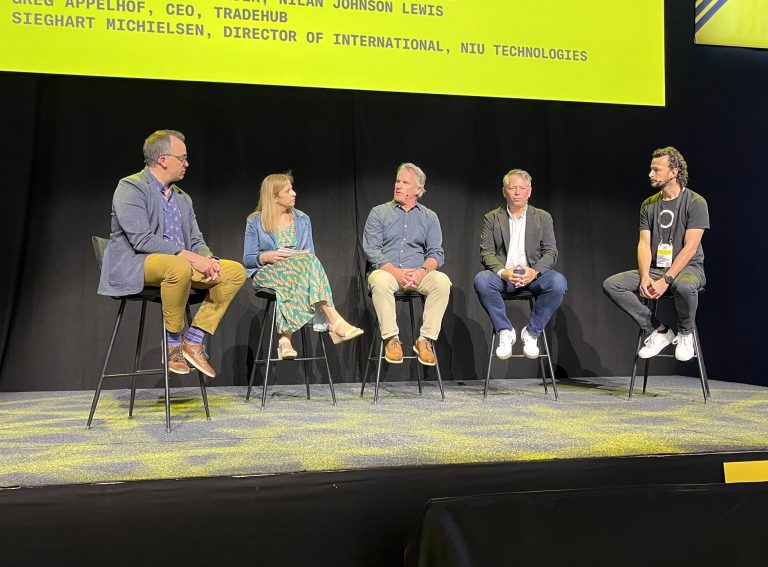Author: Matthew Pencharz, Head of Policy at Voi for the UK, Ireland and the Netherlands
There was nothing micro about Voi’s presence at COP26 in Glasgow. However, when it came to transport, the focus remained far too much on the car industry as the cure-all to the climate crisis.
The narrative around urban decarbonisation continues to be on a one-to-one transition to electric cars, as it was at COP25, COP24 et al, rather than on a reimagining of urban transport.
The transport dialogue is still stuck
It is clear that the transport dialogue is still stuck. In both public and private sectors, the big bells and whistles are brought out year after year for one misguided solution: to simply swap all the internal combustion engine (ICEs) vehicles for battery electric vehicles (BEVs). Interestingly, four of the world’s most prolific car manufacturers didn’t sign the COP26 pledge to have 100 per cent electric vehicles by 2035. However, surely the point is that we need greater modal shift, and to get more people out of cars altogether?
This point was made just in time, however, by Matthew Baldwin, EU coordinator for road safety and sustainable urban mobility. Baldwin made a plea, at COP26’s transport plenary session, for active travel to be added to the Glasgow Declaration on Accelerating the Transition to 100 per cent Zero Emission Cars and Vans. Although the title still hones in on the heavyweights, lightweight vehicles are thankfully being given a chance to step into the light.
There is no doubt that actions speak loudly, but at times like this, for our sector, words also really matter, with the Declaration including the following statement: “We recognise that alongside the shift to zero-emission vehicles, a sustainable future for road transport will require wider system transformation, including support for active travel, public and shared transport, as well as addressing the full value chain impacts from vehicle production, use and disposal.” Take a bow, Mr Baldwin.
The missing words
With the focus still on the electrification of cars and vans, however, albeit with a quick nod in the direction of active and shared transport, it meant that one vital word was being ignored. Infrastructure. Safe, sustainable access to road space for micromobility users must be addressed urgently by towns and cities, rather than more time and money being spent on electric cars, many of which are going to be inaccessible to urban residents and visitors.
The pandemic proved how quickly and easily cycle lanes can be built, the effect of which can be transformational. “It’s a missed opportunity,” said Henk Swarttouw, President of the European Cyclists’ Federation in Climate Home News, stating that “cycling is low-tech, low-cost and low-investment and provides quick climate wins.” Olympic cyclist Chris Boardman won our golden messaging medal on Twitter, when he posted, during Transport Week at COP26: “I think it’s time we started talking very loudly about this wonderful crisis-beating machine and what it can give us all.” Boardman was, of course, talking about cycling, but we are all working towards the same aim – an investment in and visionary approach to sustainable infrastructure.
Voi’s words and actions
Along with everyone else at COP26, we came with a pledge but also left with plans of action. The pledge, announced by our CEO and co-founder, Fredrik Hjelm, is to be climate positive by 2030 – something we have been working towards since we were certified carbon neutral in January 2020. Like everyone, however, we have had the push we all need to go into crisis mode and ensure delivery.
The actions that we need to take to achieve this pledge are threefold: no more carbon offsetting, source as locally as possible, and have low-carbon & circular economy fleet vehicles for operations. We have, for example, committed to buying Voi’s battery cells from European producers by 2023.
Micromobility has the power
At Voi, we are driving change in the way we move around our cities and towns, and we want to continue to show that we are serious players by taking a data-led approach. You cannot manage what you do not measure and we believe that, with data, comes green power. The UK government has, for example, a target that some 50 per cent of urban journeys should be completed by active modes by 2030. Currently, 60 per cent of journeys of one to two miles are made by a motor vehicle, which can easily be replaced by more sustainable modes such as walking, scooting or cycling.
Already, across all our markets, 15.4 per cent of those trips would otherwise have been taken by a car and over 47 per cent of our users combine micromobility with public transport. Our data shows, therefore, that the modal shift is happening – not just over to BEVs but also to VOIs.
Cross-sectoral collaboration for equitable net-zero transport
As our sector has grown so rapidly over the last few years, many have been guilty of navel gazing, focusing on their products, missions and goals. COP26 gave us a chance to open things up and collaborate, reinforcing the belief that the decarbonisation of cities by micromobility can only be addressed by working together. At our panel on ‘Cross-sectoral Collaboration for Equitable Net-zero Transport’, our distinguished guest speakers were Karen Vancluysen, Secretary General of the Polis Network of Cities; Barbara Stoll, Director of the Clean Cities Campaign; Lucy Yu, CEO of the Centre for Net Zero and Simon Schäfer-Stradowski, MD of the Institute for Climate Protection, Energy and Mobility.
Lucy Yu summed up the session perfectly stating that “we need to work cross-sector and also bring together all the data and digital we have now. Twenty years ago we didn’t have anything like the data we have now, and what we can do with that is fantastic.”
Collectively creating policy change
This was also emphasised at a session on Climate Law and Governance, discussing which regulatory frameworks best accelerate the adoption of micromobility. We at Voi, and many of our competitors recognise that, by proffering unique and insightful data, we can all drive this governmental, policy and societal change. This information will then empower towns and cities to enter the golden sustainable circle: they create tenders for responsible micromobility providers, have these tenders supported by strong data, contemporise and clean up their urban spaces, bring their communities with them and make the modal switch that is required to hit their sustainability goals. All to change the way we live in our cities and towns, making them greener and less polluted. It’s time to scoot over cars.

